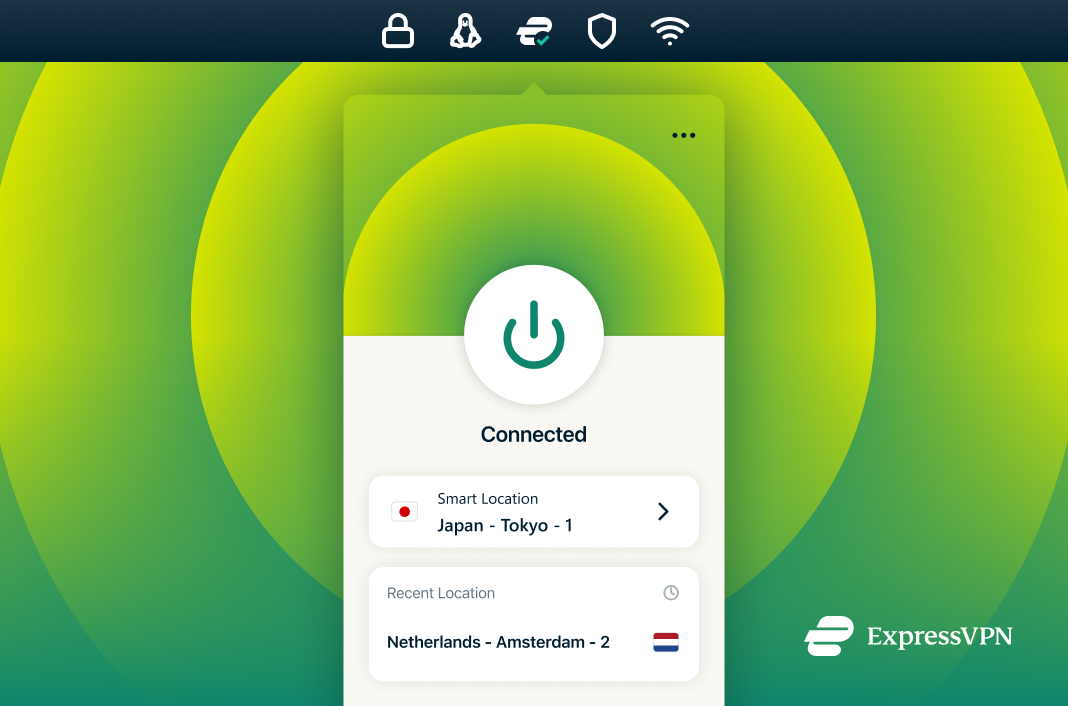
ExpressVPN finally brings GUI to its Linux app
ExpressVPN has rolled out a much-needed update for Linux users, finally adding a graphical user interface (GUI) to its VPN app. Yes, folks, a GUI for Linux is only being rolled out in 2025! Better late than never, I suppose.
Until now, ExpressVPN users in Linux were stuck with a command-line interface (CLI), while Windows and macOS users enjoyed a more user-friendly experience. This update brings ExpressVPN more in line with competitors like Surfshark, which has long offered a Linux app with a GUI.

Apple announces new features to help protect children, including a revamped age rating system for the App Store
Apple has just announced a series of new tools, features and improvements that it says will “help parents protect their kids in a way that is designed around privacy”.
One of the biggest changes is an overhaul of the age rating system that is used in the App Store, with the number of categories expanding to five. But this is far from being the only changes Apple is unleashing.

Security, privacy and AI code reliability are the biggest development challenges
The latest Reveal survey from Infragistics into development concerns shows security (51 percent), AI code reliability (45 percent), and data privacy (41 percent) among their biggest software development challenges for 2025.
AI continues to be a major focus, with 73 percent of tech leaders citing expanding the use of AI within organizations as their top priority for 2025.

New Firefox terms of use could push users to Google Chrome
Mozilla has long positioned itself as a champion of privacy and open-source software, but its latest move really makes me worry that the organization could be drifting away from those values. You see, Mozilla has introduced Terms of Use for Firefox for the first time ever. Additionally, there is an updated Privacy Notice. And while Mozilla frames this as a move toward transparency, the actual terms are raising some major red flags for me.
Mozilla claims these new terms are necessary due to a changing “technology landscape,” yet the fine print tells a far different story. One of the most troubling aspects is that users must grant Mozilla all rights necessary to operate Firefox, including a “nonexclusive, royalty-free, worldwide license” to use information entered through the browser. Mozilla insists this is meant to help users navigate the web, but the vague wording leaves a dangerous amount of room for interpretation. Could this include personal data, saved passwords, or browsing history? Mozilla simply fails to say.
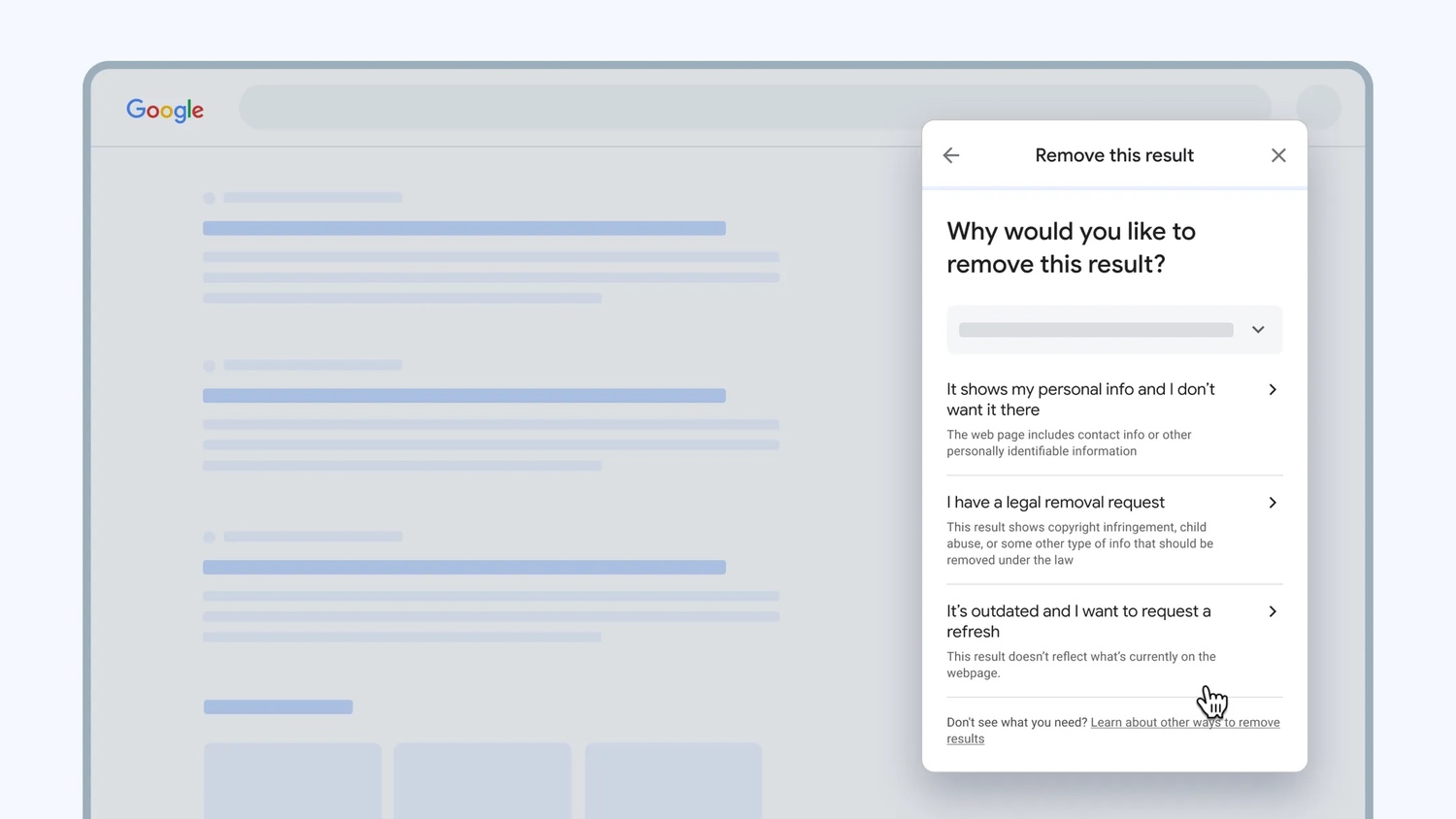
Googled yourself and found something you don't like? Google has made it easier to remove search results containing info about you
There is a high chance that there is information about you online -- there can be very few people for whom this is not true. While it is hard to avoid having an online presence, having personal information appearing in search results can be disturbing, even dangerous.
This is precisely why Google’s “Results about you” tool exists. Since 2022, it has been possible to request the removal of personal information from search results using this tool. Now a major redesign makes this process even easier, and lets you request the removal of outdated results too.

Apple has removed its strongest data protection from UK users -- why and what does it mean?
Apple's Advanced Data protection allows the data that its users store in iCloud to be end-to-end encrypted. On Friday of last week the company announced that it would be removing this tool from users in the UK.
The move follows a demand from the UK government to allow 'backdoor' access into data in order to investigate crime. The problem is that even Apple can't access ADP protected data and the company argues that a backdoor would be exploited by attackers.

A third of people would like to delete themselves from the internet
Around a third of web users say they would like to delete themselves from the internet, with people in the US and Canada being at the top of the list.
Research from cybersecurity company NordVPN and personal data removal service Incogni, finds that worldwide 45 percent of people are worried about being hacked, one of the key reasons for wanting to take themselves off the web.

Windows 12 won't pull me away from Linux unless Microsoft fixes these 5 things
Windows 12 has been the subject of leaks and speculation, which can be totally fun to discuss and imagine. But let’s be honest, folks -- that operating system is not likely to arrive this year. In fact, it could still be several years away. On a positive note, however, that should give Microsoft plenty of time to make sure the OS is actually worth using.
As a regular Linux user, I have some very serious demands if I’m ever going to consider switching, and Microsoft has a golden opportunity to get things right. Here are five things the company needs to deliver before I even think about going with Windows 12.

Elections and increasing censorship spark hike in VPN use
With authoritarian governments increasingly turning to censorship to silence dissent, limit information, and manipulate public opinion, it's perhaps not surprising that more people are turning to VPNs.
A new report from Proton VPN finds 2024 saw spikes in signups in 119 countries, including six countries with at least one spike in signups of over 5,000 percent, and four countries with at least one spike in signups of over 10,000 percent.

New tools help prevent leaks of personal data
One of the risks AI teams face is sensitive data lurking where it shouldn't be -- risks that are increasing as the volume unstructured data grows across all industries, a situation made worse still by GenAI.
Unstructured data management specialist Komprise is launching new sensitive data detection and mitigation capabilities to help organizations prevent the leakage of PII and other sensitive data to AI and reduce the risk of potentially ruinous data breaches.

AI-powered Chrome extensions are watching you…
It's not exactly Big Brother, but a new analysis of Chrome extensions from Incogni reveals that 67 percent collect user data, and 41 percent collect personally identifiable information (PII), including sensitive details like credit card numbers, passwords, and location data.
Extensions like Grammarly, which make writing almost anything effortless, or Vetted, which act as online shopping assistants, are quickly becoming essentials of everyday life. But because many users trust Google's ecosystem, they also assume that third-party extensions vetted through the Chrome Web Store are equally safe.
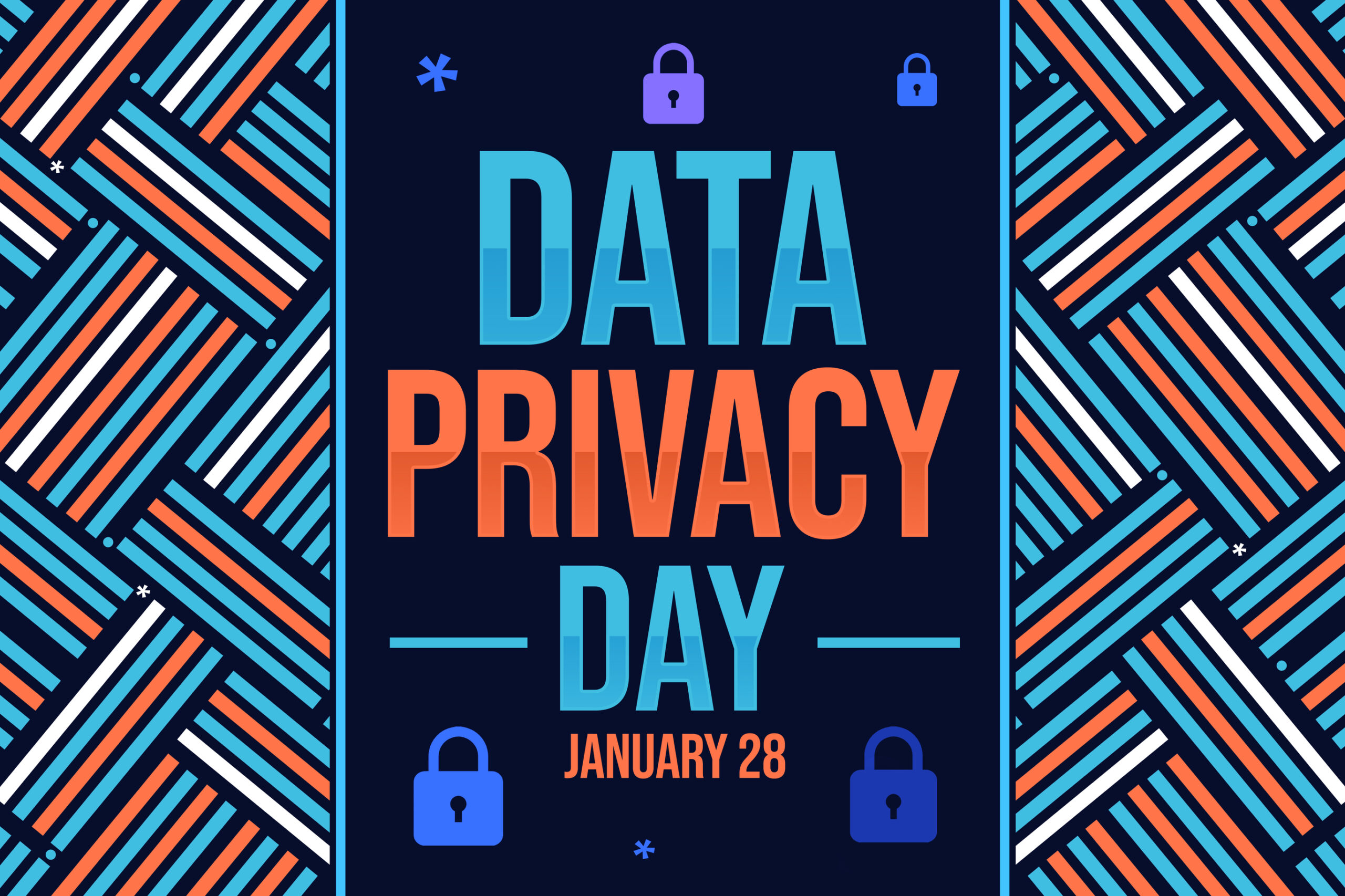
Celebrating Data Privacy Day: Ensuring ethical agentic AI in our daily interactions
Both AI agents and agentic AI are becoming increasingly powerful and prevalent. With AI agents, we can automate simple tasks and save time in our everyday lives. With agentic AI, businesses can automate complex enterprise processes. Widespread AI use is an inevitability, and the question going forward is not if we’ll use the technology but how well.
In a world where AI takes on more responsibility, we need to know how to measure its effectiveness. Metrics like the number of human hours saved or the costs reduced are, of course, important. But we also need to consider things like how ethically and securely our AI solutions operate. This is true when adopting third-party solutions and when training AI in house.

TikTok, AliExpress, Temu and more hit with GDPR complaints over unlawful data transfers to China
Austria-based data protection and privacy advocating NGO noyb (none of your business) has filed a series of complaints against AliExpress, SHEIN, Temu, TikTok, WeChat, and Xiaomi for violating European general data protection regulation (GDPR).
The six firms stand accused of unlawfully transferring user data to China. In its complaints, noyb says that “given that China is an authoritarian surveillance state, companies can’t realistically shield EU users’ data from access by the Chinese government”.
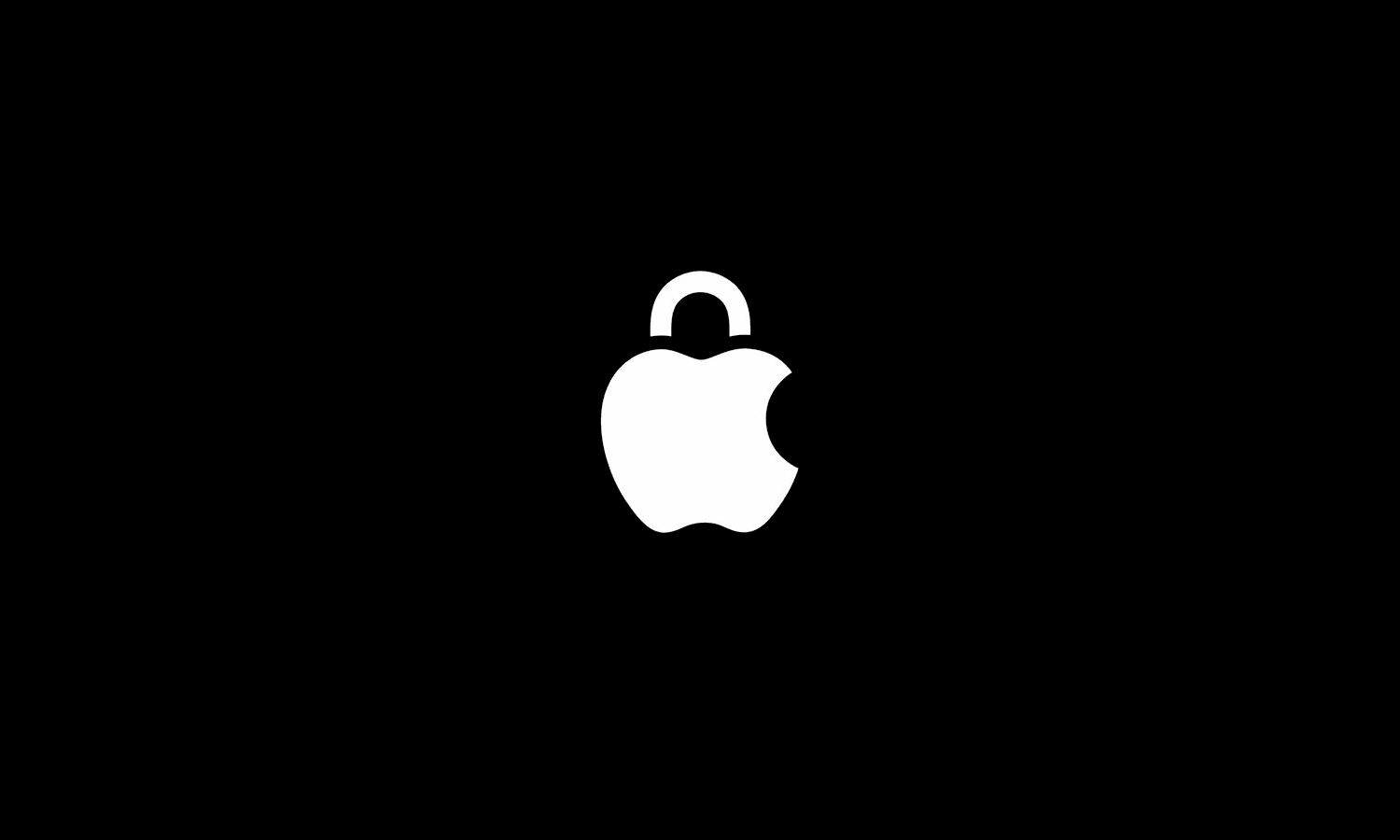
Apple defends Siri, saying the data it collects is never used for advertising, never sold, and never used for profiling
Having agreed to pay out $95 million to settle a lawsuit alleging Siri recorded private conversations without consent, Apple has doubled down on its assertion that it has done nothing wrong.
In a statement entitled “Our longstanding privacy commitment with Siri”, the company stresses it is committed to protecting user privacy. Referring specifically to Siri as “the most private digital assistant”, Apple insists that it “has never used Siri data to build marketing profiles, never made it available for advertising, and never sold it to anyone for any purpose”.
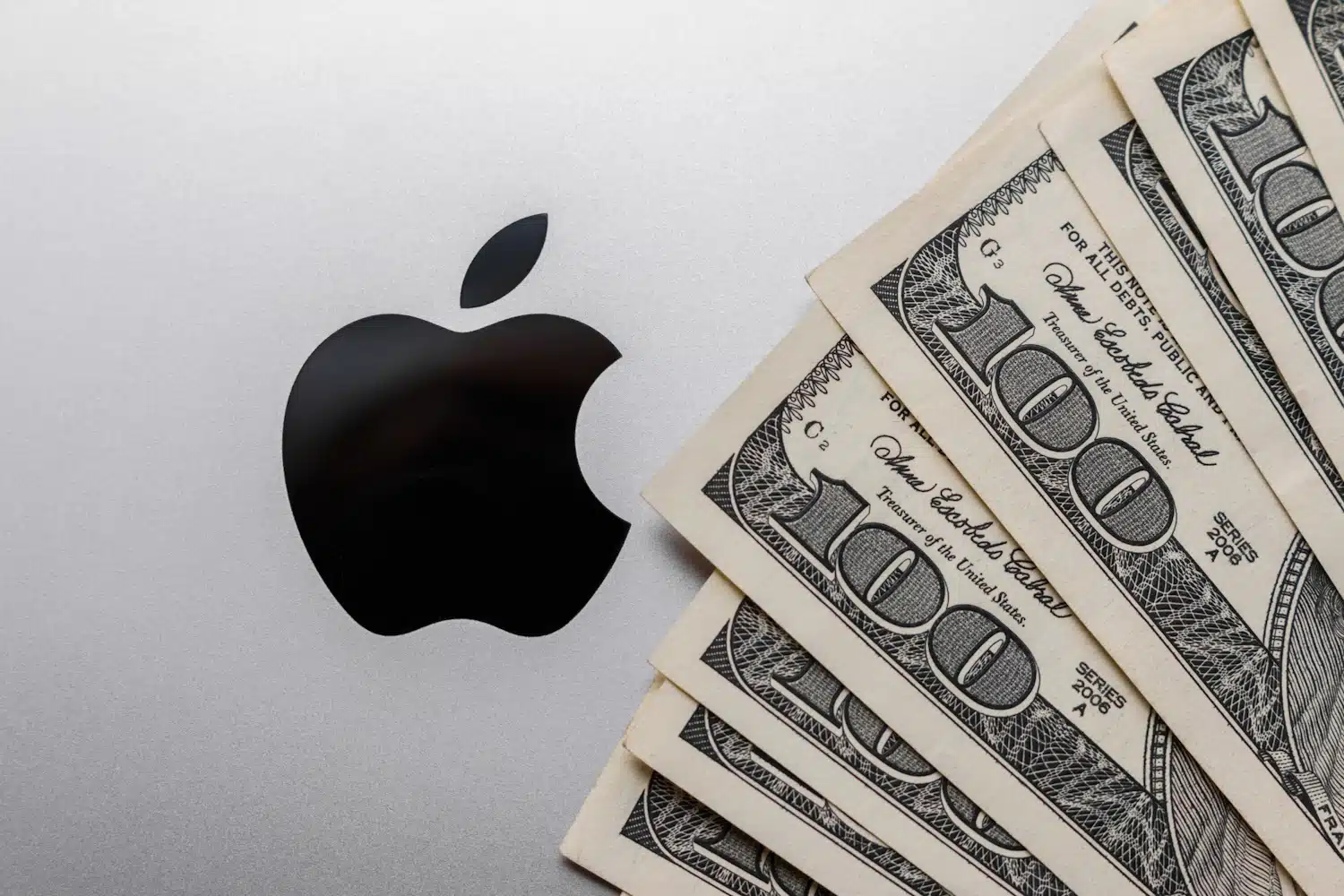
Apple agrees to $95 million payouts to settle lawsuit alleging Siri recorded private conversations
Despite not admitting to having done anything wrong, Apple has agreed $95 million in settlement payouts for “unintentional” Siri activations that may have resulted in private conversations being recorded.
The payment agreement comes after years of legal back and forth following reports from users that Siri was “spying” on them after being activated unbidden. The proposed class action lawsuit has its roots in complaints dating back to 2014.
